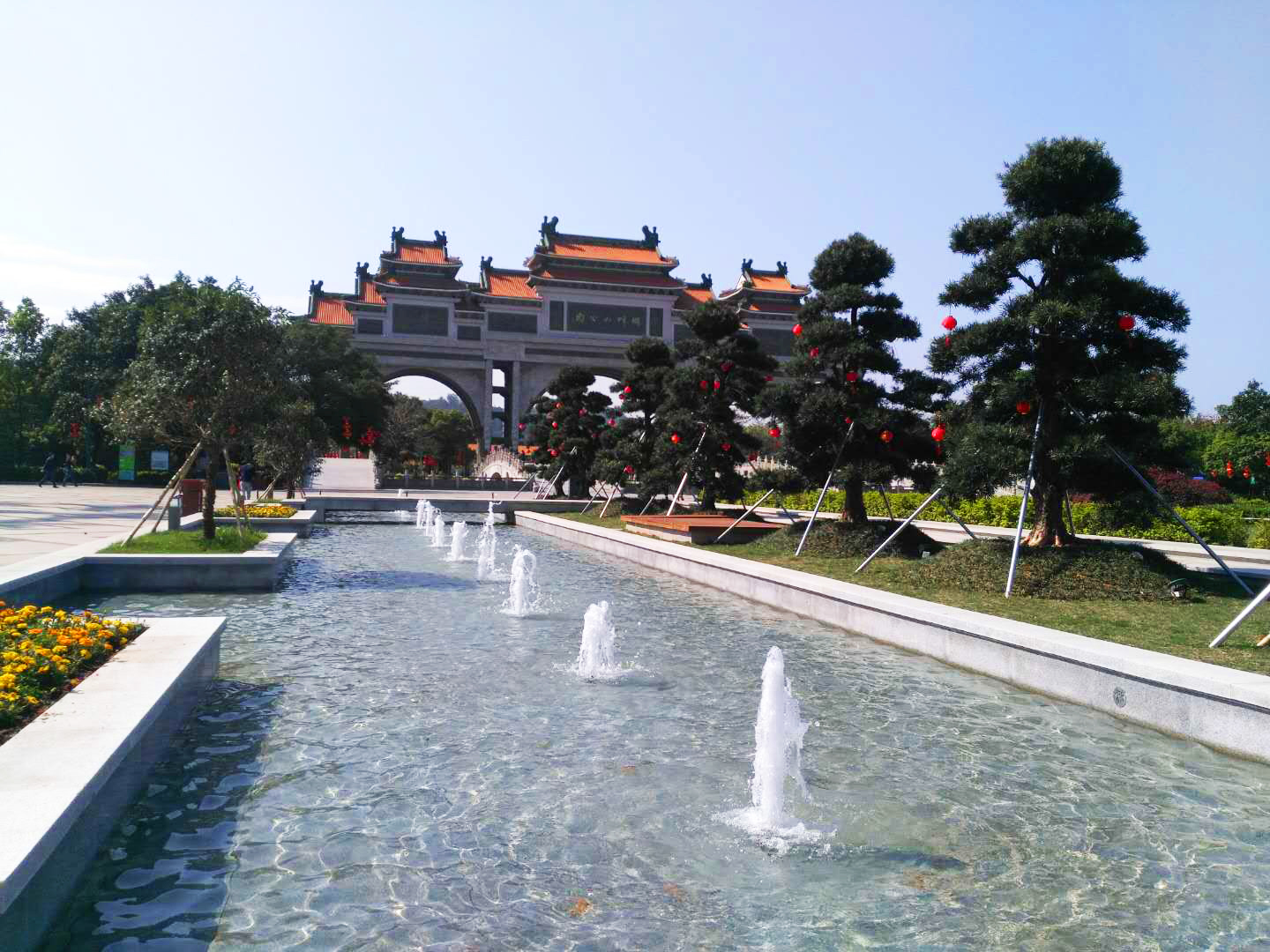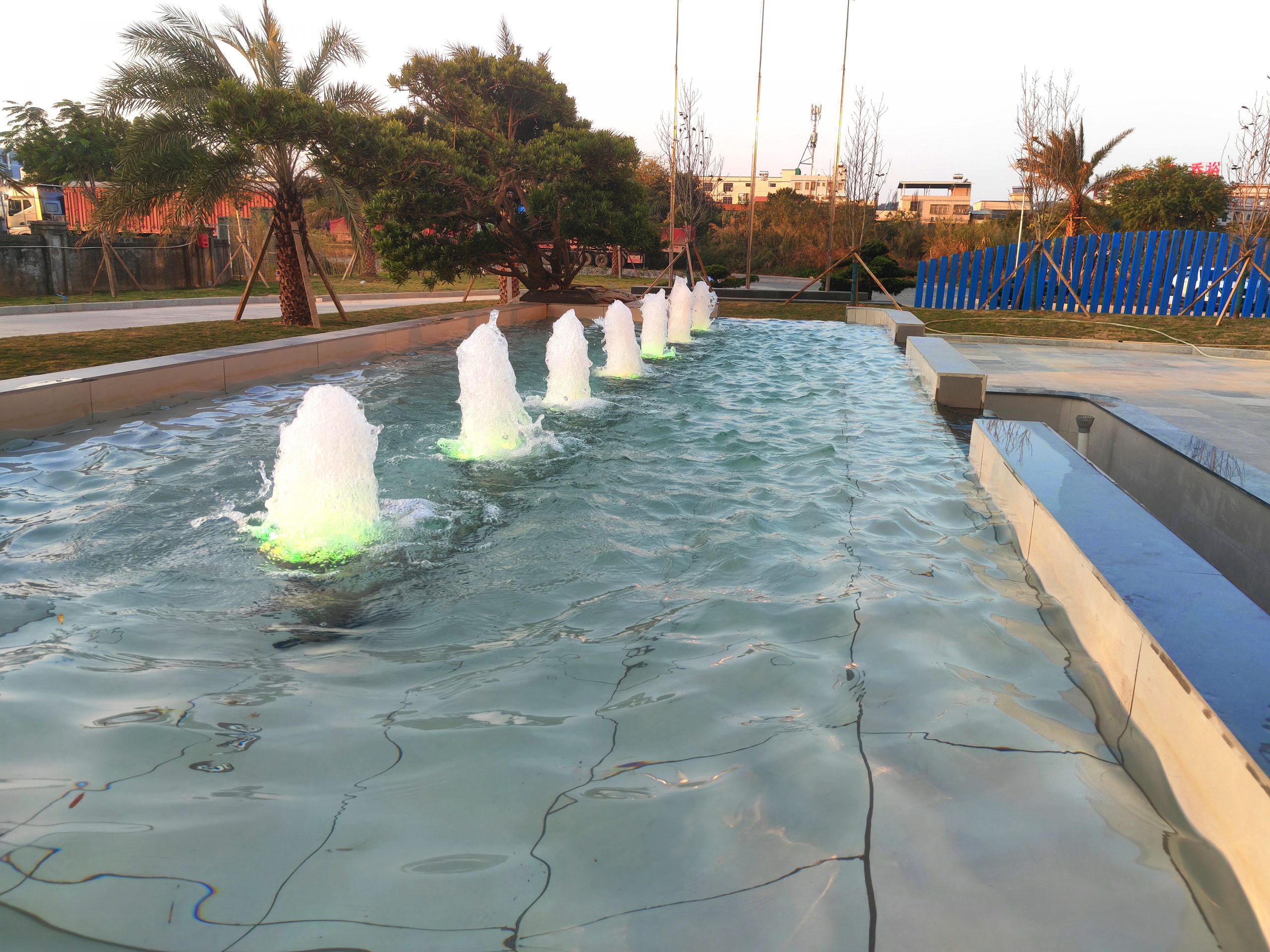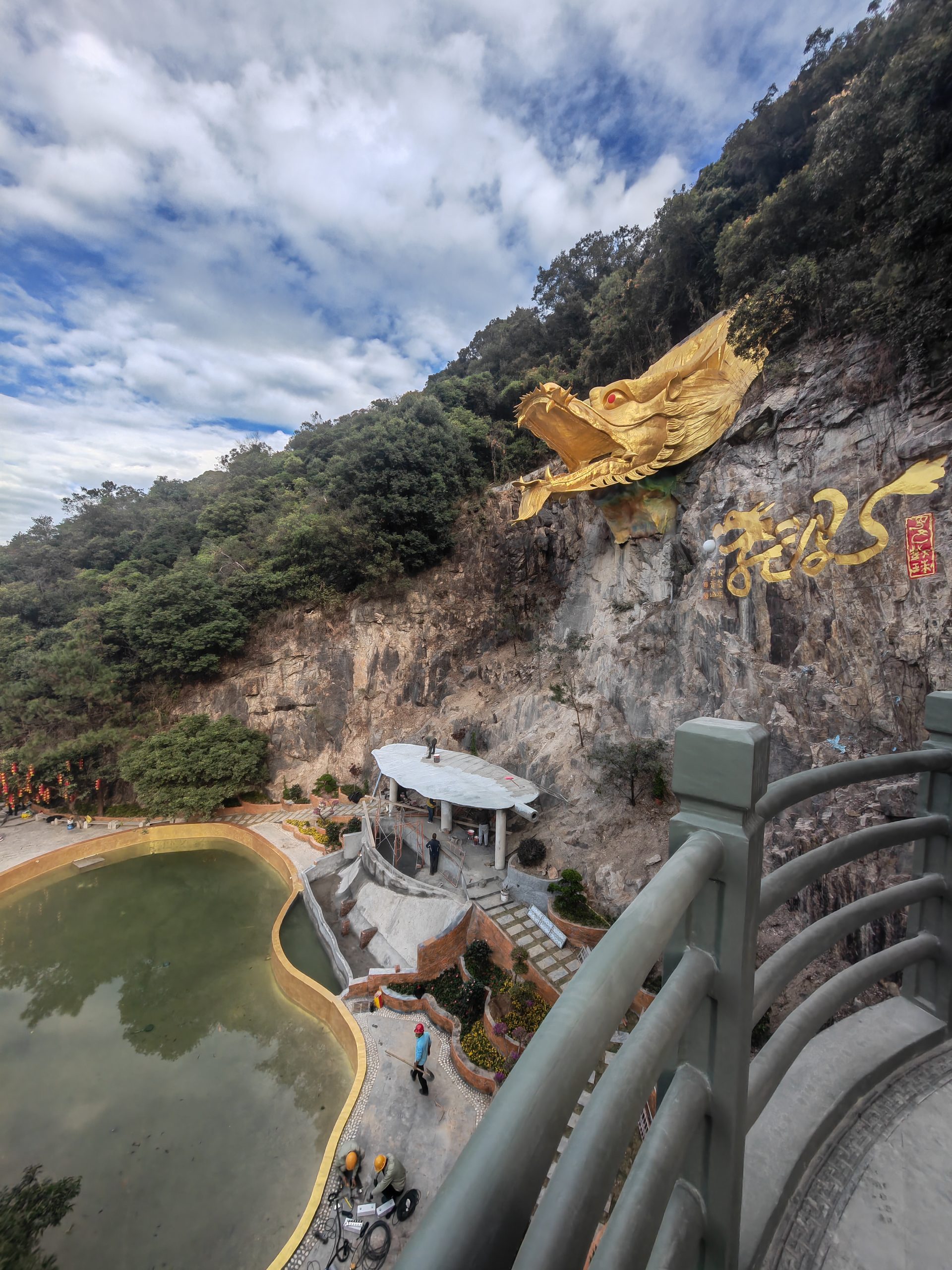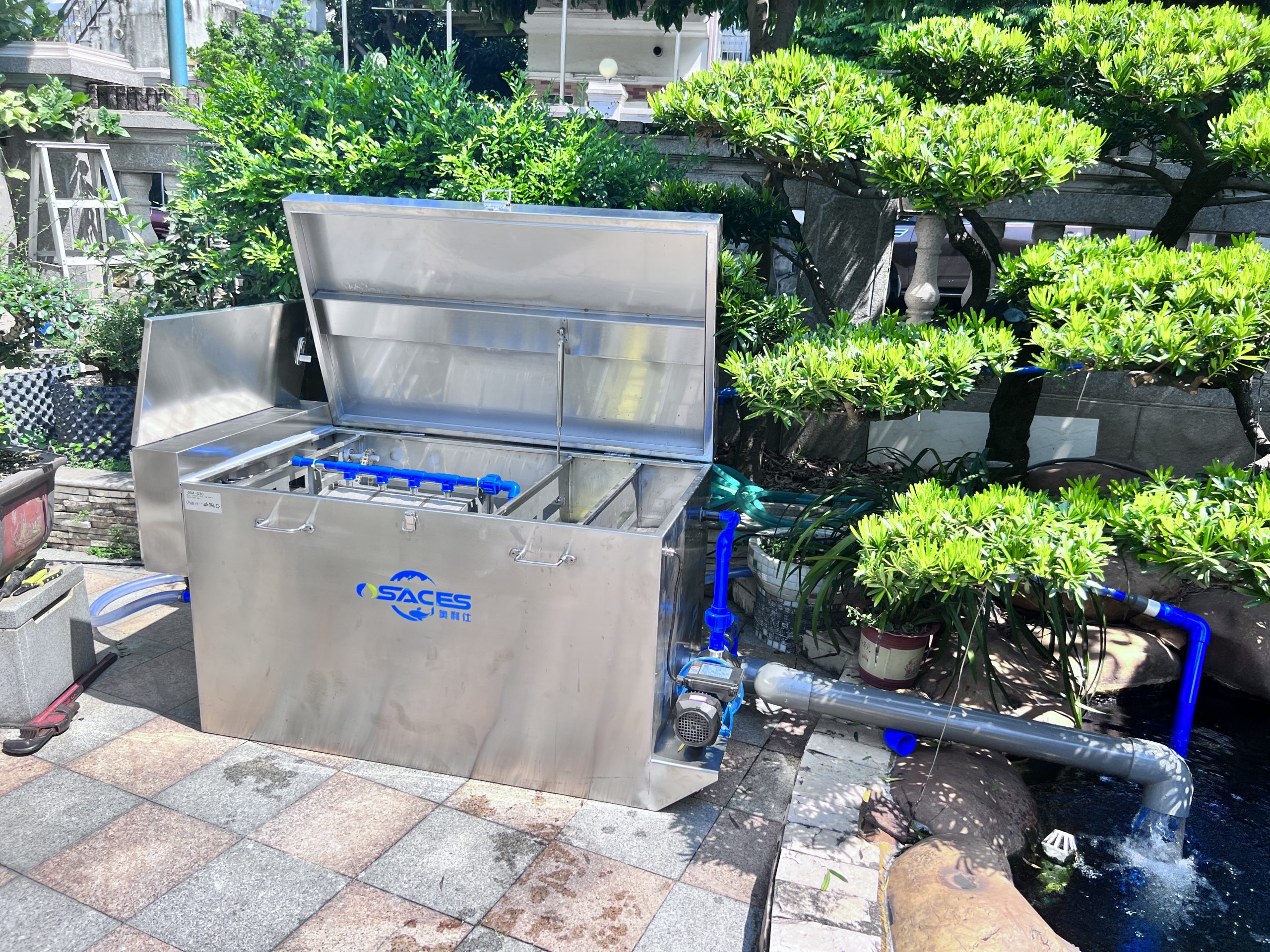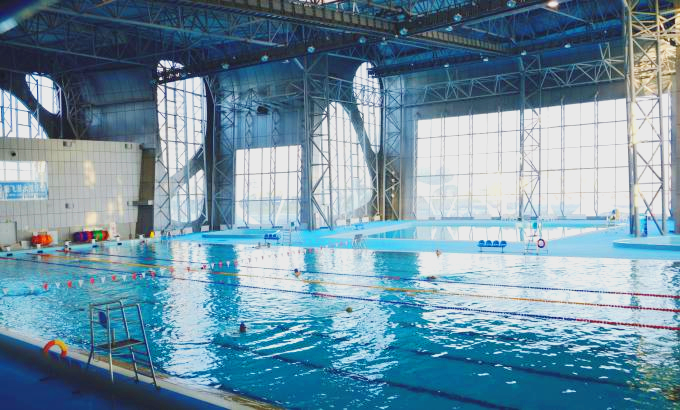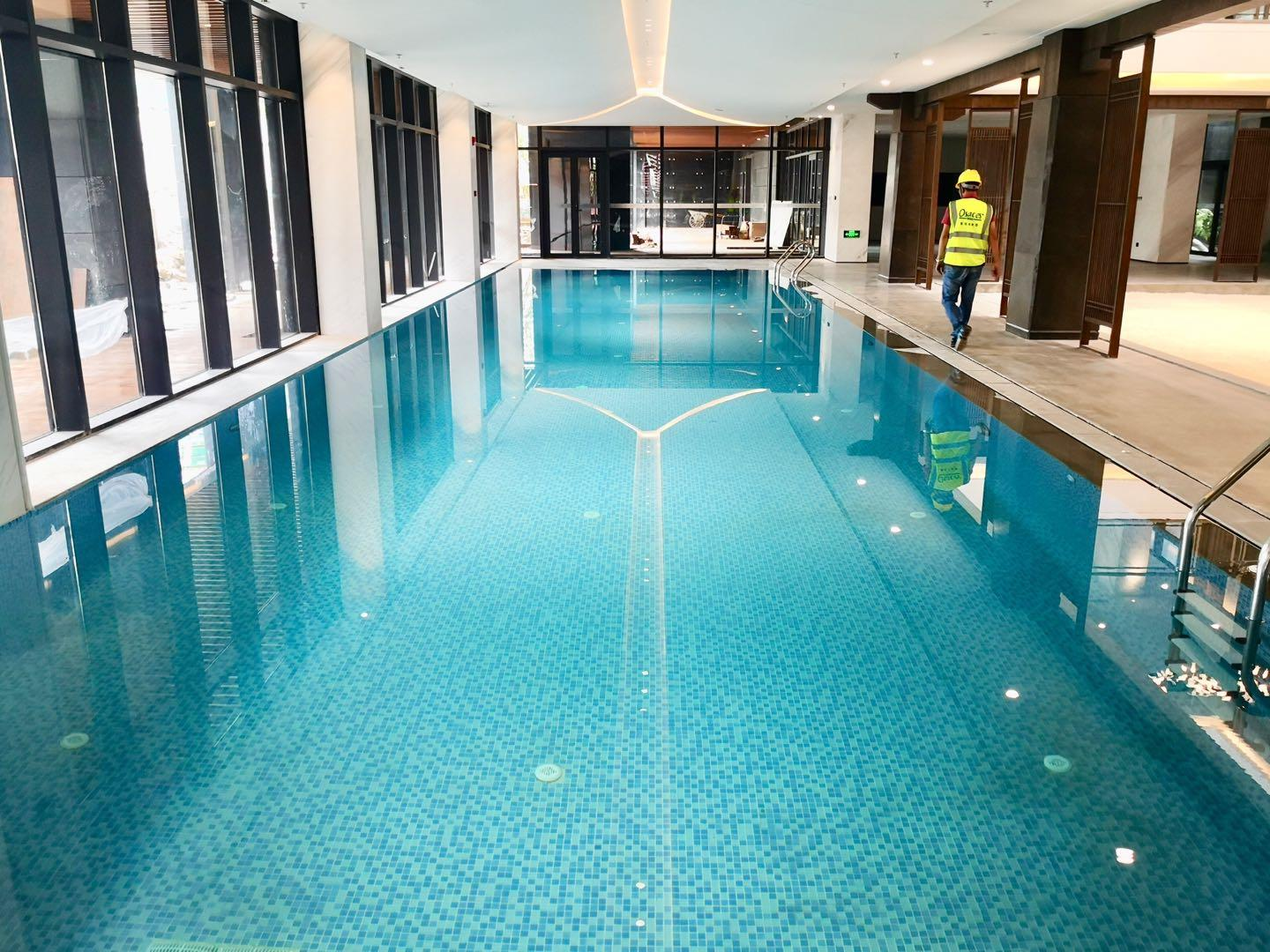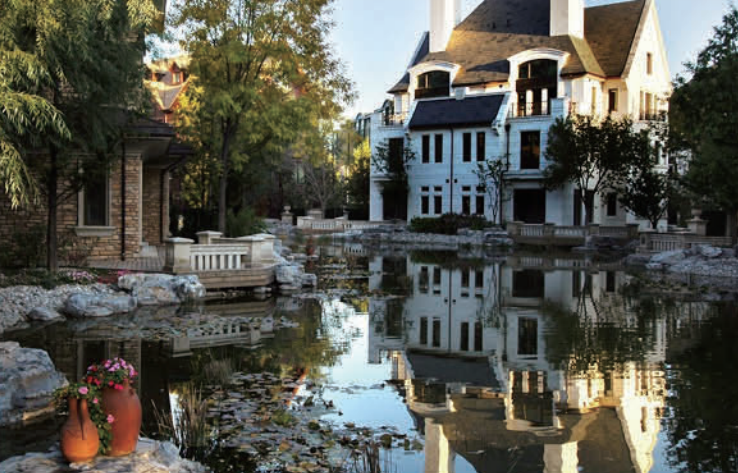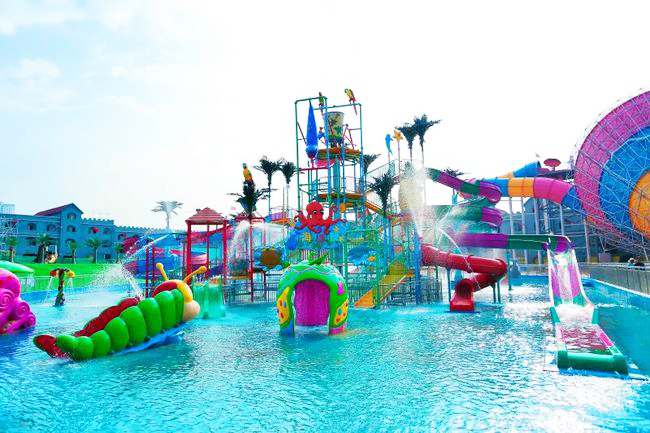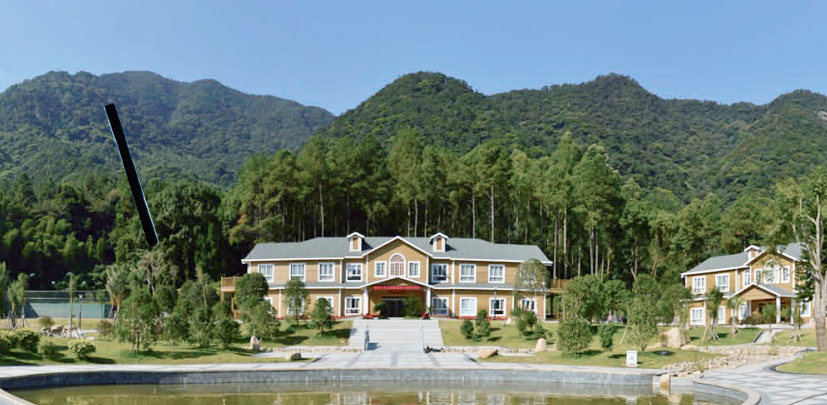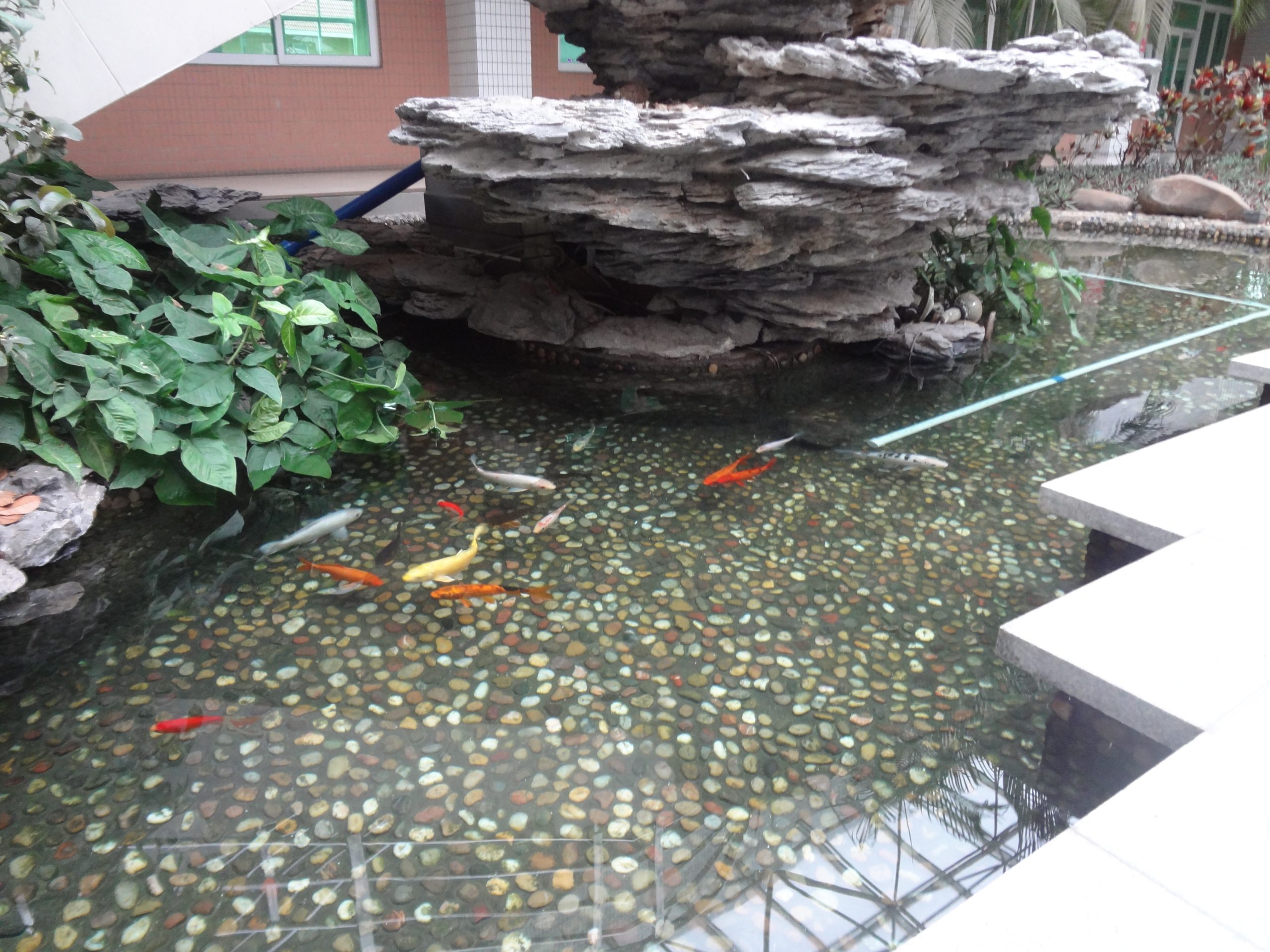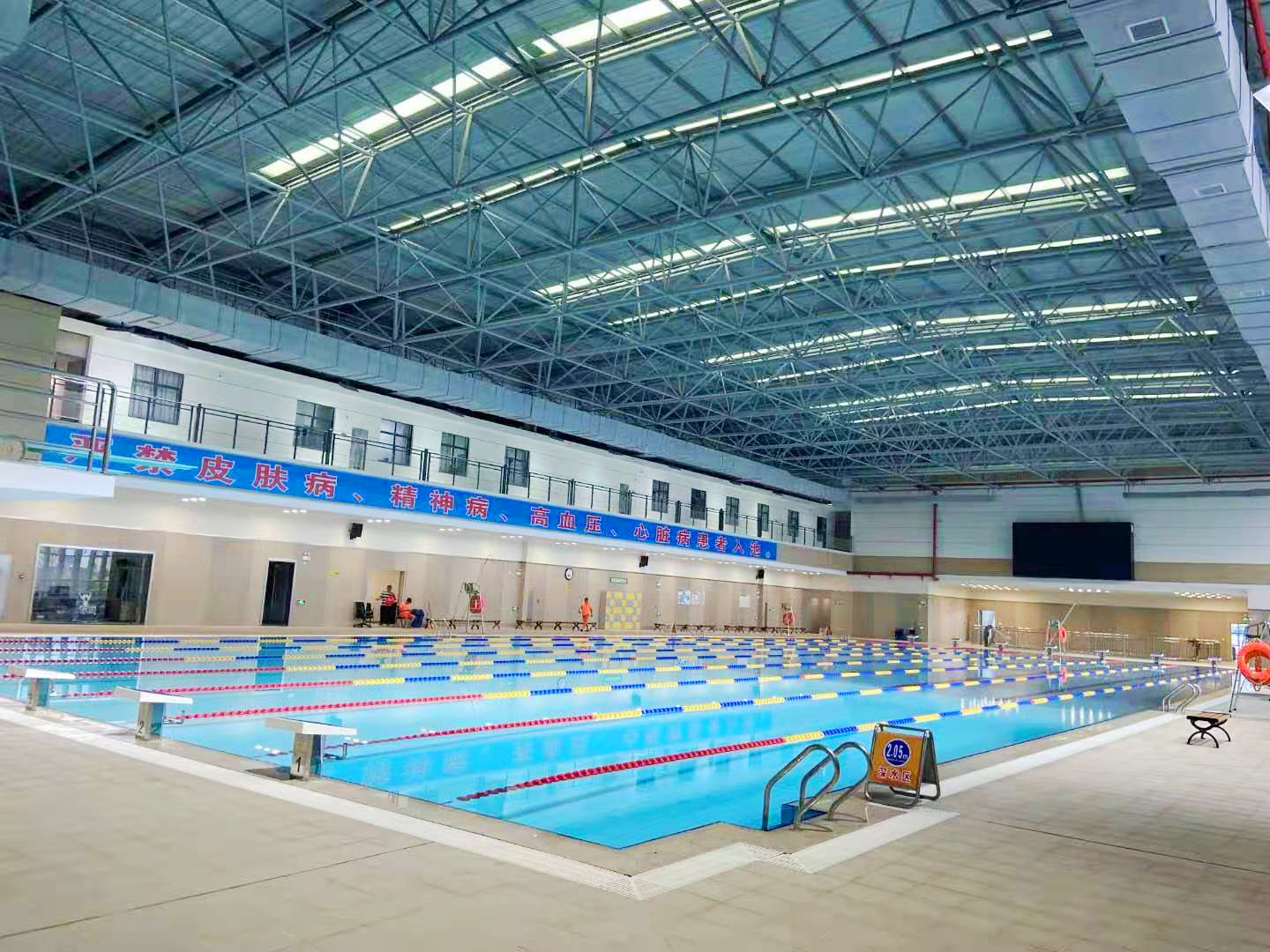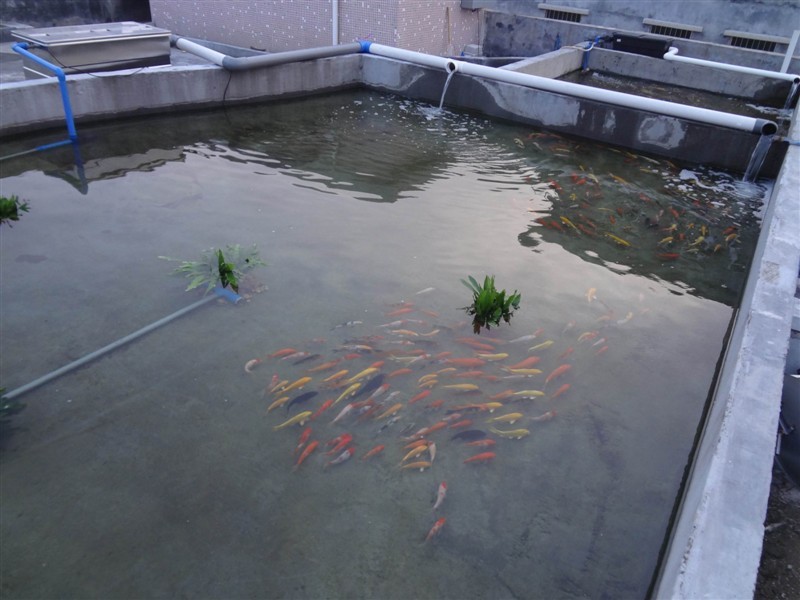common problems
contact details
 Ollies (Guangzhou) Recreation and Sports Equipment Co.
Ollies (Guangzhou) Recreation and Sports Equipment Co.Tel: (020) 82686289
Fax: 020-82694853
Headquarter: No.31-37, Xincun 2 Road, Shangjiang North Street, Dongzhou Village, Xintang Town, Zengcheng City, Guangzhou, Guangdong, China
What causes koi not to eat?
When you don't know why your koi won't eat, don't say it's inexplicable, only that you're not taking good care of it!
Counting back two weeks from the day you found out your koi was on a hunger strike, you carefully recall every detail and allow your brain circuits to fully explore every move that has a connection to it, and you realize that you must have done something that violates the normal physiology of koi.
If you familiarize yourself with the personality of your Koi, you will notice many unusual things in the water quality or predators. When you learn to recognize the behavioral cues of your Koi, you gain valuable information such as environmental changes and reminders of the Koi's physiological state. This allows you to respond to their needs, which in turn increases their happiness while developing a wonderful pet owner relationship.
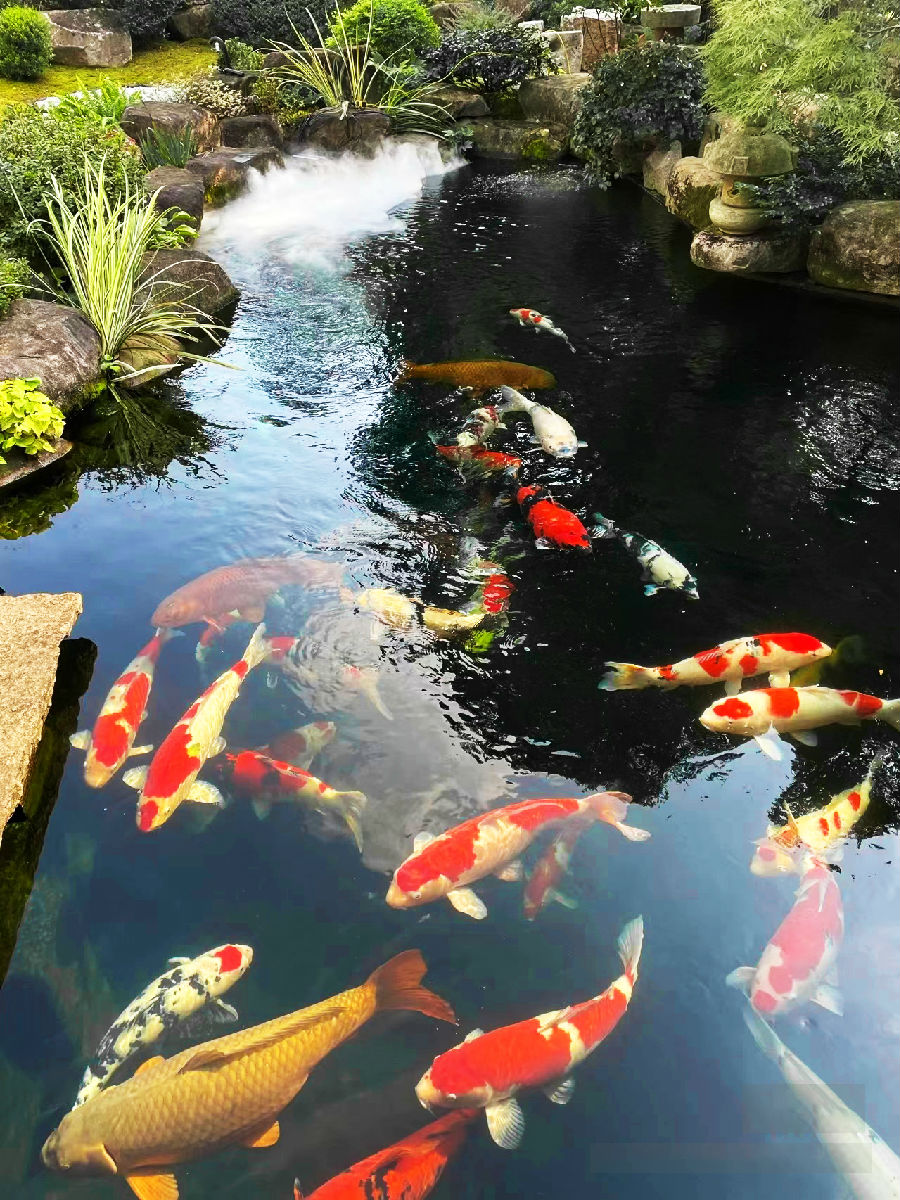
1
There are two reasons for fluctuating water quality:
2. Violation of over-watering (constant temperature and acid-base transition to avoid differences in water temperature and pH when new fish come home).
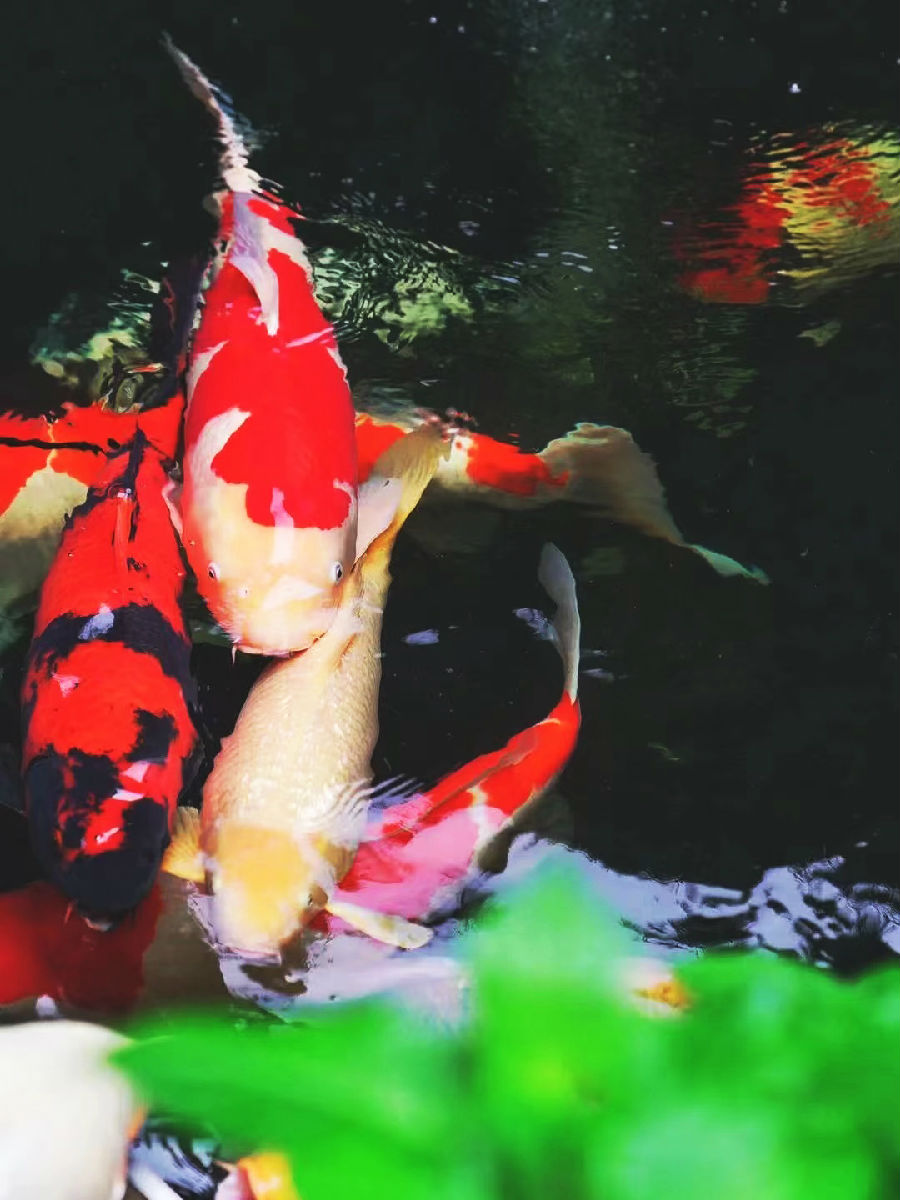
2
One of these is bacterial enteritis, usually induced by unclean fish food.
Because there are differences in the constitution of different koi, in this case, usually only some of the koi go on a hunger strike, not all of the koi in the full pond.
This, then, becomes the way to differentiate between the two common hunger strike situations.
The best way to prevent bacterial enteritis-induced hunger strikes is to avoid live food, which I have seen in too many cases.
When the body of the fish parasites, the fish will be physically ill, gills more parasitic wheelworms, oblique tube worms or fingerling worms after the gills increased mucus, the ability to use oxygen is reduced, resulting in a decline in food intake.
When a fish is suffering from enteritis, rotting gills, or other bacterial diseases, it can cause non-feeding.
In the process of breeding to often use some drugs to control pests and diseases, and some drugs in the insecticidal at the same time will also affect the fish's nervous system, affecting the feeding.
The temperature difference between day and night is too large, with high temperatures during the day and higher water temperatures. And at night, the temperature plummets, causing the water temperature in the surface layer to drop sharply and the density of the water to increase. And the bottom layer of water is warmer and less dense, so it causes convection between the upper and lower water layers.
The bottom layer of anaerobic water carrying a large number of residual bait, feces and other organic matter to the bottom of the pool to the upper level of the flow, the water becomes turbid, and at the same time, the decomposition of organic matter oxygen depletion, so that the entire water body is in a state of hypoxia, thereby affecting the fish feeding.
At this time, we will find that the fish are usually not good at feeding in the morning, and good at feeding in the afternoon. The main reason is that the morning, especially in the morning the dissolved oxygen in the water is very low, the fish ingestion is not good, and after a noon sunshine, the dissolved oxygen in the water due to algae photosynthesis and rise, the fish began to ingest, and at this time, the fish friends feed eagerly, eager to make up for the morning did not eat the feed back, so more than the usual amount of feeding.
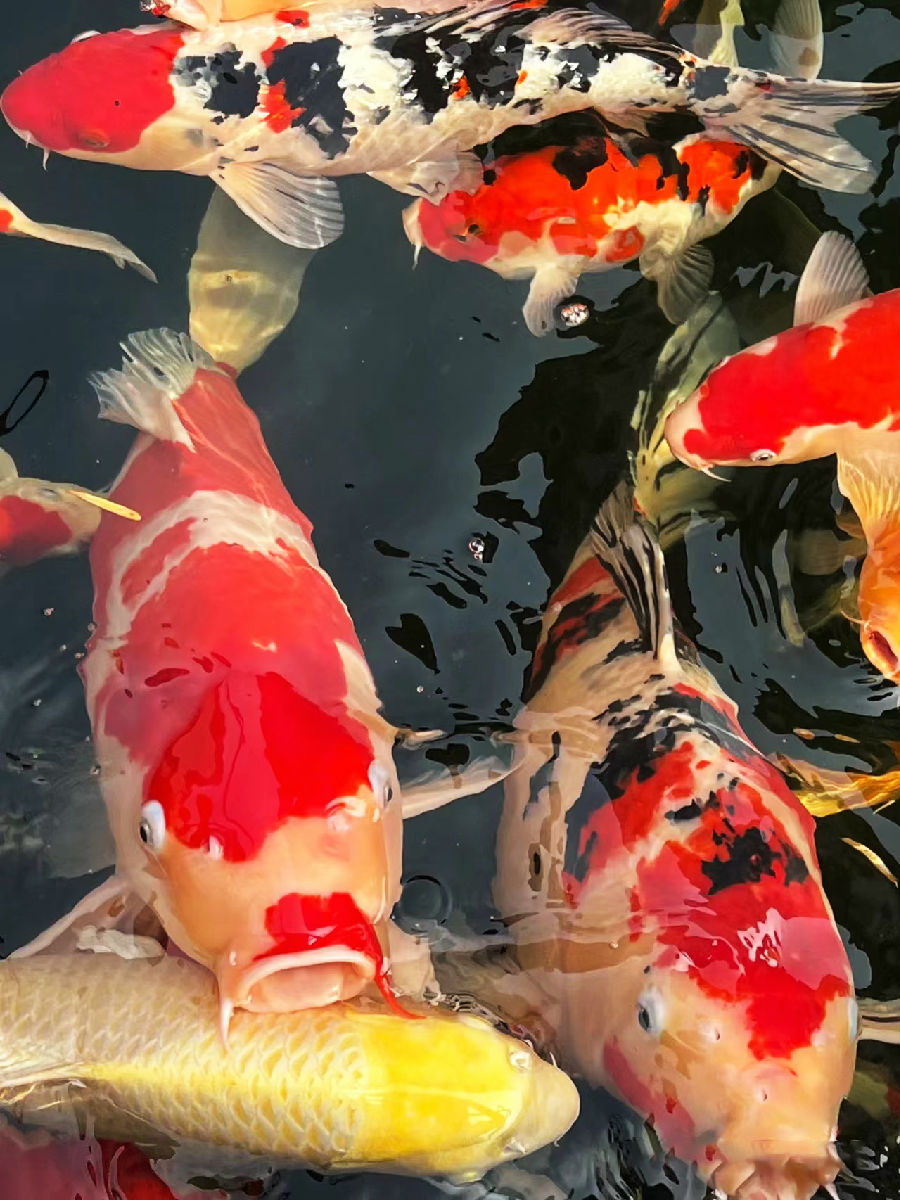
Koi respond better to gentle shifts and can be shocked when they experience rapid changes - whether it's the environment, the temperature,Food, or anything around them, really! Always give your koi time to adapt to new changes to avoid shock. This is a key factor in mood changes, plus creating a comfortable, healthy ecological environment for them is what will allow them to adapt to surviving in your pool, and subsequently provide you with the ornamental value you want!
To keep koi well, it is important to establish a well-establishedFiltration system is the key. We hope that today's article sharing can help you understand koi more deeply, if you have any questions about filtration system welcome to call us to consult Ollies koi pond filtration: 020-82686289, we will be happy to serve you!
Related content
- Homeostatic regulation of fish pond water quality: a systematic solution based on nitrification kinetics and nutrient thresholds
- Koi Pond Maintenance and Protection Guide during the Rainy Season | The Veteran Driver's Handbook of Dampness and Disease Prevention
- Pool water circulation system maintenance guide, goodbye to cloudy water quality to create four seasons of translucent "liquid sapphire".
- From zero to professional: a complete guide to pool equipment configuration that even a beginner can understand
- The Golden Ratio of Swimming Pool Ventilation and Dehumidification Systems: The Balancing Act of Airflow, Humidity and Energy Consumption
- Specific benefits of dehumidifiers for new swimming pools
- Industrial solutions for fish pond water quality management: How to break through the bottleneck of traditional operation and maintenance of filtration systems?
